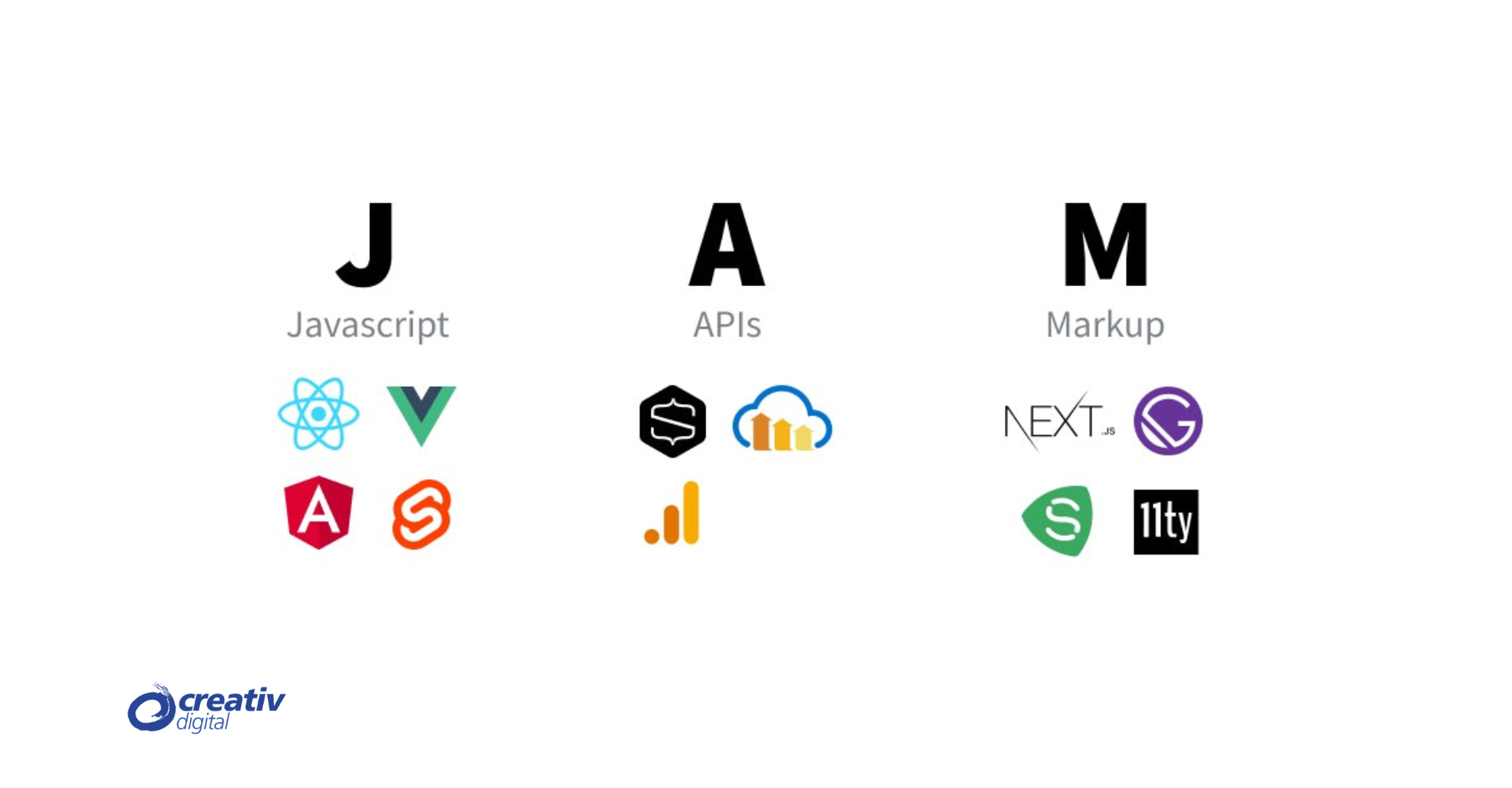WordPress, once primarily known as a blogging platform, has evolved into a powerful and versatile content management system (CMS) that is increasingly adopted by enterprises worldwide. As we navigate the complexities of digital transformation in 2024, enterprises are recognizing WordPress not just for its user-friendly interface and robust community support but also for its scalability, security, and extensive customization options. This article explores the compelling reasons why WordPress is a strategic choice for enterprises in 2024, highlighting its capabilities, benefits, and the strategic advantages it offers across various business sectors.
Evolution of WordPress as an Enterprise Solution
Initially launched in 2003 as a blogging tool, WordPress has since grown exponentially, powering over 40% of all websites on the internet today. Its evolution from a simple blogging platform to a full-fledged CMS capable of supporting complex enterprise needs underscores its adaptability and scalability. Enterprises across industries such as technology, media, healthcare, finance, and beyond are increasingly leveraging WordPress to build and manage their digital presence effectively.
Why Your Enterprise Needs WordPress in 2024?
Here are several reasons why your enterprise needs WordPress in 2024:
- Ease of Use and Accessibility: WordPress’s intuitive interface makes it accessible for users of all technical levels, from content creators to developers. Its WYSIWYG (What You See Is What You Get) editor simplifies content management, allowing teams to publish, edit, and update content seamlessly.
- Scalability and Flexibility: WordPress’s modular architecture and extensive plugin ecosystem enable enterprises to scale their websites and applications as their business grows. Whether managing a handful of pages or a multinational network of sites, WordPress provides the flexibility to adapt and expand.
- Customization and Extensibility: With thousands of themes and plugins available, enterprises can customize their WordPress sites to meet specific branding and functionality requirements. From e-commerce integrations to complex database-driven applications, WordPress offers endless possibilities for customization.
- SEO Friendliness: WordPress is inherently SEO-friendly, with features that support search engine optimization best practices such as customizable permalinks, metadata management, responsive design, and fast loading speeds. These features contribute to better search engine rankings and increased organic traffic.
- Security and Reliability: WordPress takes security seriously, with regular updates, security patches, and a dedicated security team monitoring vulnerabilities. Additionally, enterprise-grade hosting solutions and robust security plugins further enhance WordPress’s security posture, making it a trusted choice for sensitive business data.
- Community Support and Resources: As an open-source platform, WordPress benefits from a vast community of developers, designers, and users who contribute plugins, themes, and provide support through forums and online resources. This community-driven approach ensures ongoing innovation and support.
Use Cases of WordPress in Enterprise
Enterprises are leveraging WordPress across various use cases, including:
- Corporate Websites: WordPress serves as a versatile platform for building corporate websites that showcase products, services, and company information. Its ease of use allows marketing teams to manage content efficiently and update information in real-time.
- E-commerce Solutions: With plugins like WooCommerce, WordPress powers robust e-commerce platforms that handle transactions, inventory management, customer relations, and marketing campaigns. Enterprises benefit from a scalable and customizable solution tailored to their specific business needs.
- Internal Communication Portals: WordPress facilitates the creation of internal communication portals and intranets where employees can access company policies, HR resources, training materials, and collaborate on projects using integrated tools.
- Content Publishing and Distribution: Media companies and publishing houses use WordPress to manage editorial workflows, publish articles, videos, and multimedia content, and distribute content across various digital channels.
- Customer Portals and Support Sites: Enterprises can create customer portals and support sites using WordPress, providing customers with access to account information, FAQs, support tickets, and self-service resources.
Implementing WordPress in Your Enterprise
When implementing WordPress in an enterprise environment, consider the following best practices:
- Define Objectives and Requirements: Identify specific business goals and requirements that WordPress will address, such as improving digital presence, enhancing customer engagement, or streamlining internal processes.
- Choose the Right Hosting and Security Measures: Select a reliable hosting provider that offers enterprise-grade security, scalability, and performance optimizations. Implement security best practices, such as regular updates, strong password policies, and security plugins.
- Customize and Integrate: Tailor WordPress themes and plugins to align with your brand identity and functional needs. Integrate with existing enterprise systems, such as CRM software, analytics tools, and marketing automation platforms, to streamline operations and data management.
- Train and Support Users: Provide training and support for employees who will be using WordPress, ensuring they are familiar with its features, best practices for content management, and security protocols.
- Monitor Performance and Analytics: Regularly monitor website performance, user engagement metrics, and security logs to identify areas for improvement and optimize the user experience.
To Finish Things Off
WordPress has evolved into a versatile and powerful CMS that meets the diverse needs of enterprises in 2024 and beyond. Its user-friendly interface, scalability, customization options, and robust security make it a strategic choice for building and managing digital properties across industries. By harnessing the full potential of WordPress, enterprises can enhance their online presence, improve operational efficiency, and drive business growth in a competitive digital landscape. Embracing WordPress as a core component of your enterprise’s digital strategy empowers you to innovate, engage customers effectively, and stay ahead of industry trends, ensuring sustained success in the evolving digital economy.



